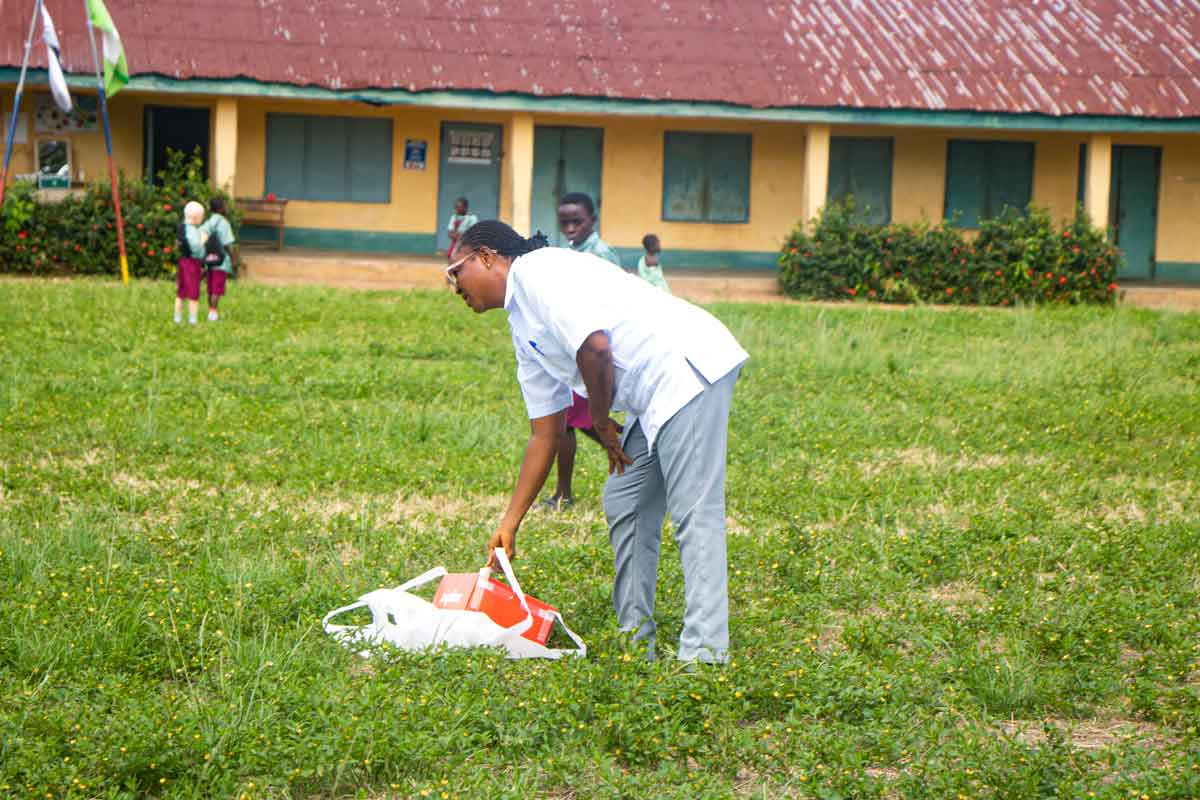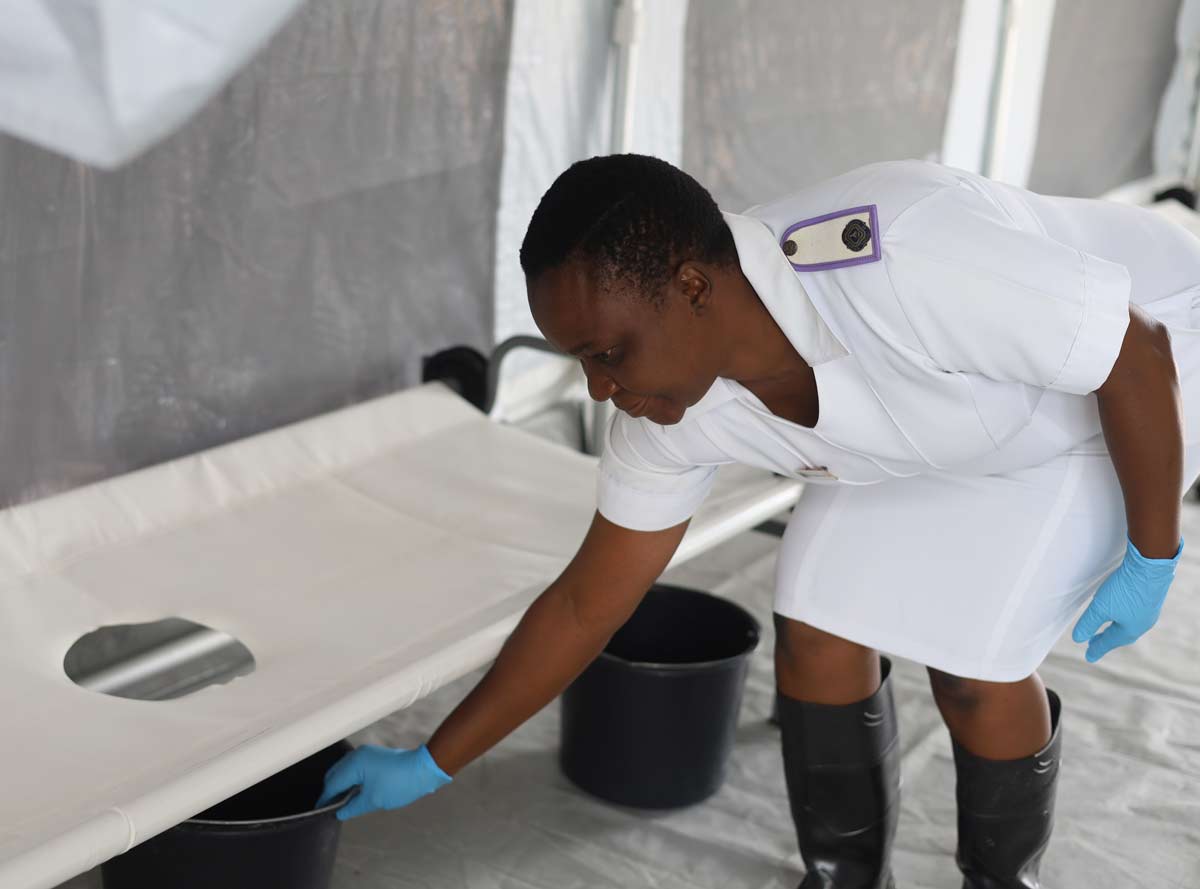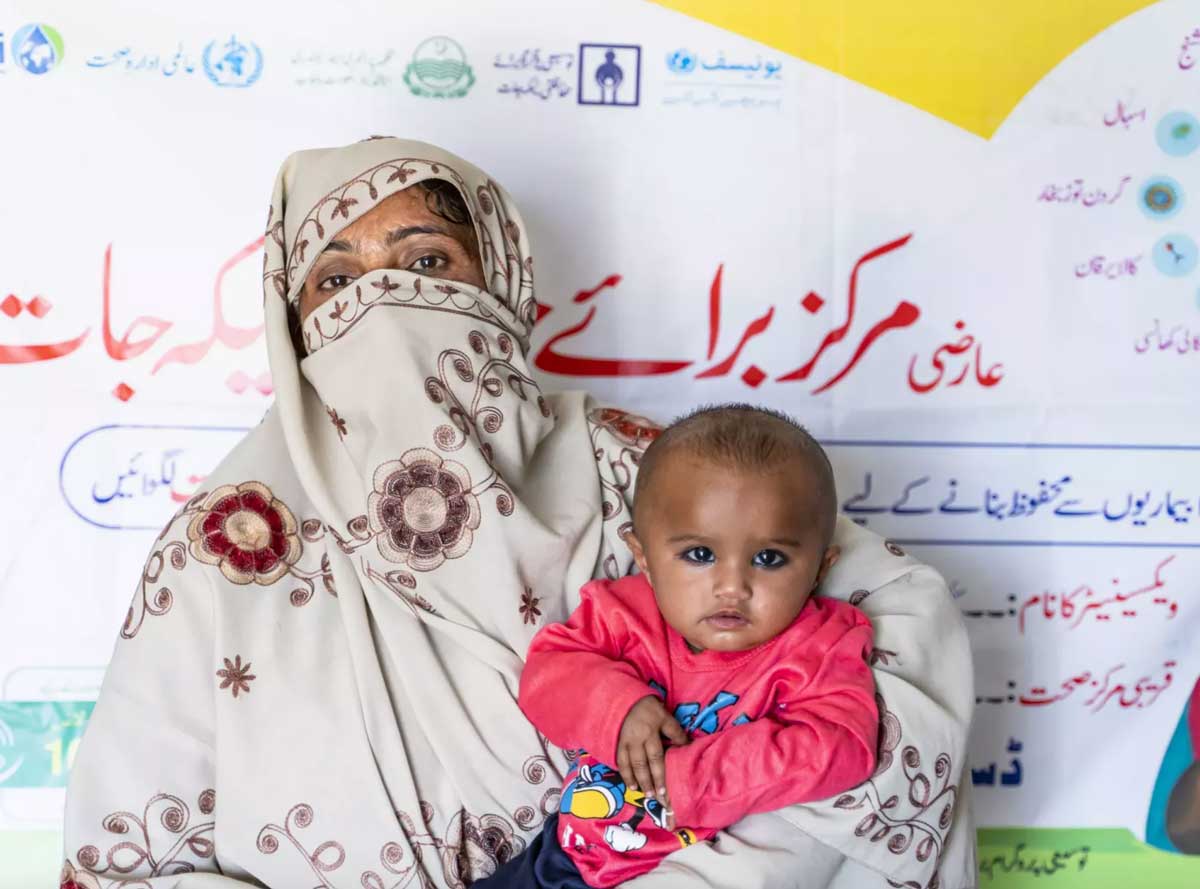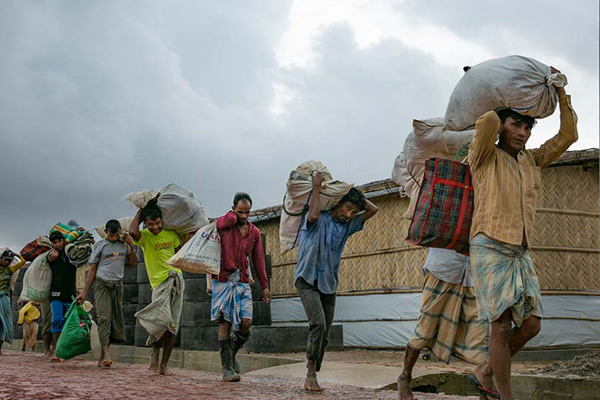Sudan conflict leaves health system in ‘total collapse’
Services have ceased in more than 70 per cent of hospitals in areas hit by the clashes in a number of Sudanese states.
- 2 May 2023
- 5 min read
- by SciDev.Net
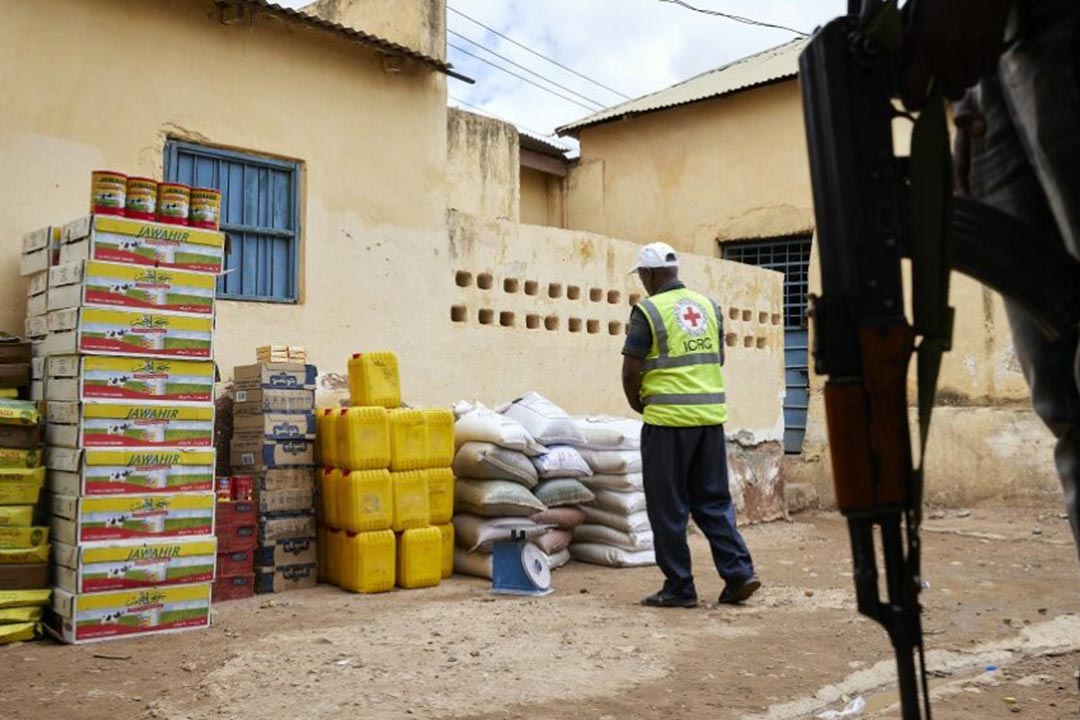
Sudan’s health system is disintegrating under the weight of the fighting raging in the country since mid-April, doctors and health officials warn, with the damage expected to last for decades.
Health and relief institutions say the conflict threatens to become a humanitarian catastrophe as tens of thousands flee for safety to neighbouring South Sudan, Chad, Egypt and Ethiopia amid intense fighting between the army and militia.
Services have ceased in more than 70 per cent of hospitals in areas hit by the clashes in a number of Sudanese states, Sudan’s doctors’ syndicate said Tuesday (25 April). In total, 13 of the hospitals were bombed, while 19 others forcibly evacuated.
“We are in a state of total collapse,” said Atiya Abdullah Atiya, a key member of the syndicate, in a phone call to SciDev.Net.
“Our drug stocks are depleted, health institutions have been destroyed, and our medical teams have been killed in battle.”
The shortage of staff and medical supplies and constant power outages threaten to shut down the remaining functioning hospitals, while the number of victims of the ongoing clashes continues to rise, according to Atiya.
Fighting erupted on 15 April in the capital Khartoum between the army and a paramilitary group known as the Rapid Support Forces. A fragile US-brokered ceasefire which came into effect Tuesday was due to end later today (Thursday), with negotiations ongoing.
After ten days of fighting, the number of victims exceeded 450 dead and more than 4,000 wounded, according to the WHO. Atiya said 11 medical staff and students had been killed in the violence.
Occupation of hospitals
The occupation of public health facilities by fighters further raised the alarm this week.
WHO regional director for the Eastern Mediterranean Ahmed Al-Mandhari, said the occupation of hospitals in Khartoum and Sudan’s central public health laboratory by fighting parties had disrupted access to essential health care and led to an “instant halt to the testing of critically important laboratory samples”.
The laboratory contains measles, cholera and multi-drug resistant tuberculosis pathogens, vaccine-derived poliovirus and other hazardous materials, he said, calling all parties to vacate the facilities.
“WHO is concerned that untrained individuals could mishandle such infectious specimens, thereby infecting themselves and then others,” he said.
“Nonetheless, the greatest risks to health in Sudan remain the ongoing violence, non-functioning of multiple hospitals and clinics, limited access to clean water, food shortages, and forced displacement of populations.”
As well as lack of access to emergency assistance for gunshot injuries, people with chronic diseases are unable to obtain treatment, said Al-Mandhari in a press conference last week (20 April), while mental health needs are increasing, especially among children.
There have also been several disease outbreaks in Khartoum, including measles, polio and dengue fever, and a steady increase in malaria cases across the country.
Damage ‘lasting decades’
“Because of the conditions that Sudan has gone through during the past years and the conditions it is currently going through, there is an increase in infections among children with infectious diseases, some of which have been eliminated,” said Al-Mandhari, adding that the war’s impact on the health system may be felt for decades to come.
Have you read?
Repeated political turmoil in the modern history of Sudan has weakened its health system, with nearly 70 per cent of health institutions lacking basic life-saving treatments, according to the WHO.
There was already an acute shortage of medical staff – four doctors per 10,000 citizens – and big differences between the services available to urban and rural dwellers.
The power-sharing agreement signed between the military and opposition forces in 2019 represented an opportunity to rebuild the neglected health system to include all Sudanese, according to researchers writing in The Lancet at the time.
However, the return of unrest has led to further disruption of health services, cessation of international grants, and the escalation of humanitarian crises, especially in conflict hotspots such as Darfur.
Following the latest clashes, international health and relief institutions say they have been unable to deliver aid, due to the suspension of air traffic, or fear for the safety of their crews.
“Several relief agencies have expressed their willingness to provide a helping hand, but so far there are no safe corridors that allow aid to arrive,” said Atiya, adding: “Even if corridors are secured for medical personnel and equipment, the situation remains catastrophic and we need urgent external assistance.”
Doctors Without Borders (MSF) announced last week that gunmen raided its headquarters in Nyala in Darfur – which contains vital medical supplies – and stole everything including cars and office equipment.
“Medical supplies in health facilities are running out, and staff are unable to get to work,” said Cyrus Paye, MSF project coordinator in North Darfur.
“The fighting has paralysed health and rescue workers, and many are dying in this situation.”
The WHO Regional Office for the Eastern Mediterranean said it had been unable to send medical supplies to Sudan due to the shutdown of airports and lack of safety on the roads.
The conditions are “extremely complex”, said Farid Abdulkadir, head of the International Federation of Red Cross and Red Crescent Societies (IFRC) office in Sudan.
He said IFRC teams were still active in 16 Sudanese states, and were working in the border areas in Egypt, Chad and Ethiopia to provide basic health services to the displaced.
Last Sunday, the US Agency for International Development announced the deployment of its Disaster Assistance Response Team in the region to coordinate the humanitarian response.
But agency spokeswoman Jessica Jennings told SciDev.Net that the team would start operating from Kenya due to the suspension of the embassy in Khartoum. “The humanitarian response is still in its early stages,” she said.
Written by
Website
This piece was produced by SciDev.Net’s Middle East and North Africa desk on 27 April 2023
More from SciDev.Net
Recommended for you



